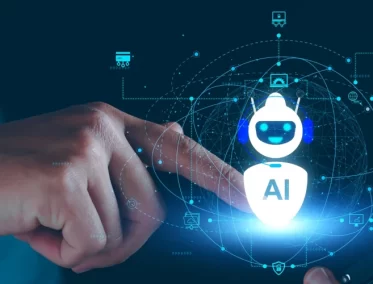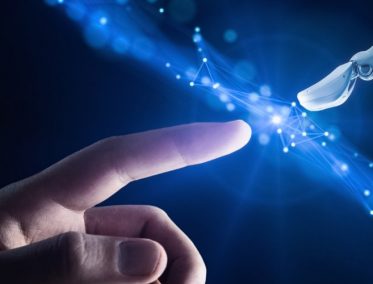ERP systems have evolved over the years, automating business processes, and enhancing reporting and data visualization capabilities. Modern ERP systems are cloud-based, and delivered in an intuitive user interface, optimized for different devices. However, these improvements have not impacted the fundamental way in which ERP systems operate.
AI & ML tools are increasingly being incorporated into ERP systems. The use of AI & ML in ERP will drastically transform the way business processes and information are managed. Several manual tasks that required human involvement can now be automated and people can be freed up to focus on more valuable tasks that require human intelligence to accomplish. AI/ML tools can be classified into different categories which include:
Vision Systems: Vision systems act as the eyes for computers and robotics applications. They use image recognition to identify and categorize images to make better decisions. E.g. Autonomous driving
Speech Systems: Speech systems provide the critical human-to-machine interfaces that enable the conversion of text to speech and speech to text. E.g. Conversational bots
Natural Language Processing (NLP): NLP uses artificial intelligence and machine learning to extract meaning from human language while it is spoken. These systems provide interfaces that enable people to communicate via machines. E.g. Language translation tools
Robotics: Robotics systems combine hardware and software into a device that can perform tasks to assist or replace people in a wide array of functions. E.g. Automotive manufacturing
AI & ML in ERP
AI & ML technologies are being used to perform tasks that previously required human involvement. ERP systems manage org-wide business processes, including financials, human resources, manufacturing, warehousing, and projects. As AI & ML systems continue to evolve, they can take on more of the routine, repeatable tasks that currently require humans.
Applications of AI/ML in ERP Operations
Common applications of AI & ML in ERP include the following:
Conversational AI Chatbots
AI chatbots for ERP are similar to common digital assistants like Siri and Alexa. Most ERP technology providers have their own digital assistants or chatbots, whose capabilities continue to expand, and are useful for people who need these capabilities, such as sales reps, service reps, or warehouse personnel.
Autonomous Mobile Robots
Robots are used extensively in automotive and other large-scale repetitive manufacturing environments. Next-gen robots can move about and perform operations autonomously without much human supervision. Technologies used in autonomous vehicles such as lidar are constantly improving and the costs are dropping which is making them more competitive to use.
Predictive Maintenance
AI & ML can improve predictive maintenance by monitoring the health and status of critical equipment and machinery using internet of things (IoT) devices. These devices collect and analyze vast amounts of data from hundreds of sensors on a production line in real-time. AI/ML algorithms provide key insights into the uptime, health, performance of the equipment, and product quality.
Sales & Marketing
AI & ML tools can improve key sales processes to provide lead and opportunity recommendations and optimize product pricing. AI/ML systems can analyze enormous amounts of historical data to determine which leads to prioritize and identify your most profitable customers. On the other hand, AI/ML can help marketers leverage customer data to tailor unique messages and deliver personalized experiences.




